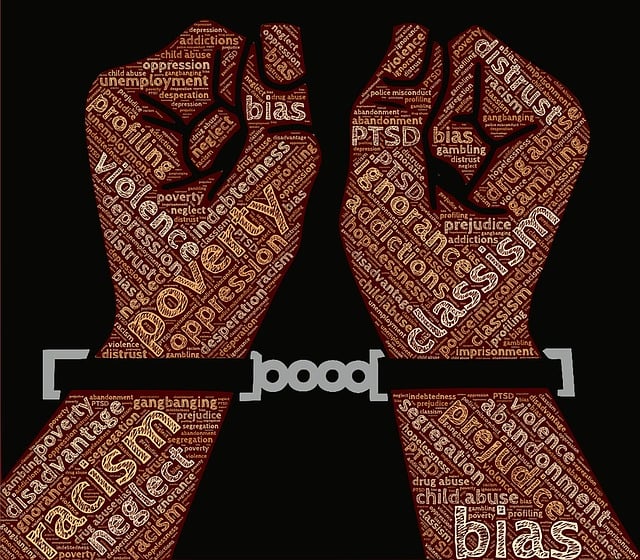Heartland Behavioral Health abuse victims face complex trauma and hinderances to recovery due to physical, emotional, and psychological mistreatment. Survivors have rights, including legal options like evidence collection, reporting, and civil litigation, with time limits varying by state. Support and healing through therapy, group support, and specialized trauma care are crucial steps for recovery.
Many survivors of Heartland Behavioral Health abuse have endured unimaginable trauma, prompting a pressing need for justice and healing. This article delves into the scope of the alleged misconduct, guides victims on legal rights and available resources, and emphasizes support options tailored to Heartland Behavioral Health abuse survivors’ unique needs. By shedding light on these crucial aspects, we aim to empower victims on their path to recovery and ensure they seek the justice they deserve.
- Understanding the Scope of Heartland Abuse
- Legal Rights and Resources for Victims
- Support and Healing for Heartland Survivors
Understanding the Scope of Heartland Abuse

The scope of Heartland Behavioral Health abuse is a complex and devastating issue that demands attention. It encompasses a range of harmful practices, including physical, emotional, and psychological abuse inflicted upon individuals seeking treatment for mental health issues at Heartland Behavioral Health facilities. The impact on Heartland behavioral health abuse victims is profound, often leading to long-lasting trauma and hindering their journey towards recovery.
Understanding the scale of this problem requires recognizing that these facilities, meant to provide care, instead became environments where patients faced neglect, humiliation, and even violence. Many survivors have come forward with harrowing stories, shedding light on the widespread nature of the abuse. By addressing and holding accountable those responsible, a step towards justice for Heartland behavioral health abuse victims is made, ensuring their voices are heard and their rights protected.
Legal Rights and Resources for Victims

Heartland Behavioral Health Abuse victims have legal rights and resources available to them. The first step is to gather evidence, including any medical records, therapy notes, or documents that detail the abuse. These can be crucial in building a strong case against Heartland Behavioral Health.
Victims should then contact local law enforcement or a dedicated advocacy group specializing in mental health facility abuse to report the incidents and understand their legal options. There are also civil litigation paths available, where victims can seek compensation for their suffering through lawsuits. Many states have specific laws and time limits for such cases, so it’s essential to act promptly.
Support and Healing for Heartland Survivors

For those who have survived abuse at the hands of Heartland Behavioral Health, seeking support and healing is a crucial step in their journey. Many survivors may feel isolated or unsure where to turn, but various resources and communities exist specifically for Heartland abuse victims. These support systems provide a safe space for individuals to share their experiences, process trauma, and begin the path to recovery.
Healing often involves individual therapy, group support, or both. Professional therapists specializing in trauma can help victims understand and cope with their experiences. Group therapy sessions, meanwhile, offer a sense of community, allowing survivors to connect with others who have shared similar traumas. These networks are essential in fostering resilience and encouraging victims to take control of their healing process.
For those who have experienced abuse at the hands of Heartland Behavioral Health, seeking justice and healing is a crucial step towards recovery. Understanding the scope of the issue empowers victims to assert their legal rights and access resources designed to support their journey. With dedicated support and tailored healing programs, survivors can navigate their path to restoration, ensuring that accountability measures in place hold perpetrators responsible for their actions. By coming together and sharing experiences, Heartland abuse victims can foster a sense of community, strength, and resilience.
